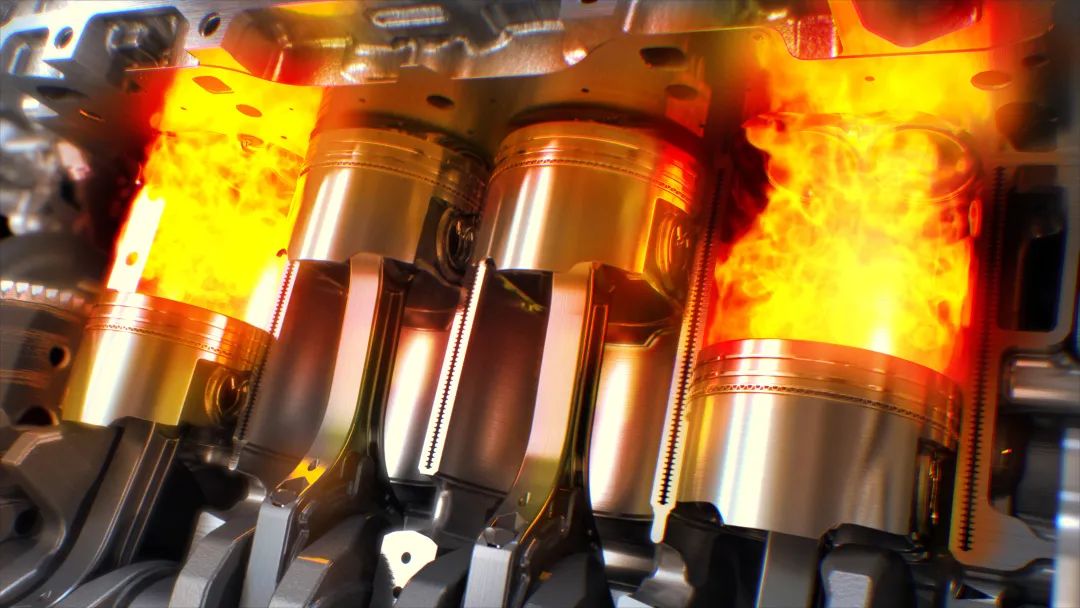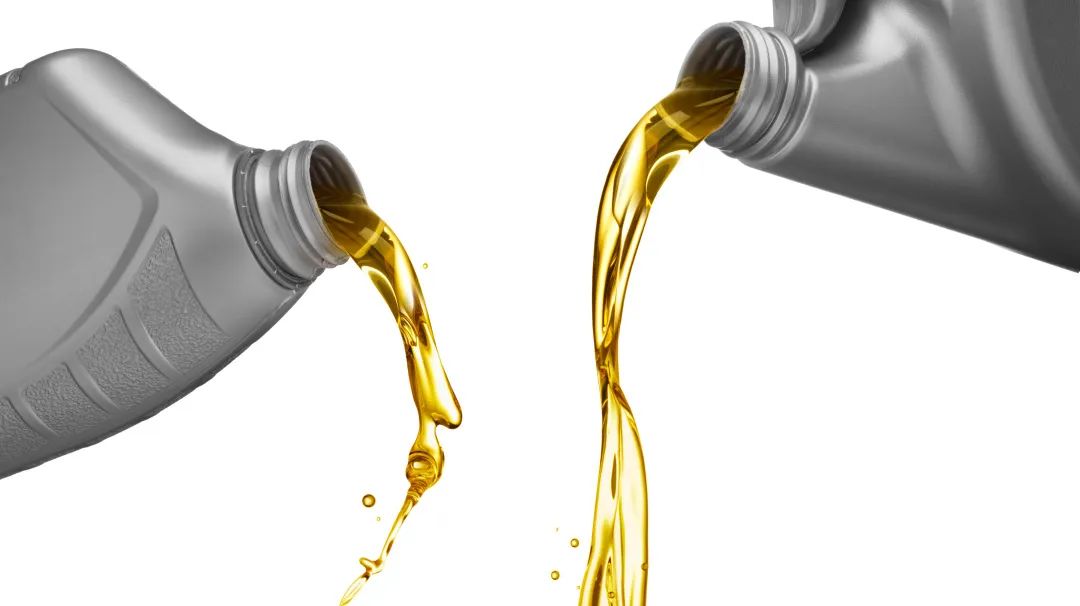The "pot" of burning engine oil has a bit of "injustice" in lubricating oil
With the increase in car ownership, people are paying more and more attention to the maintenance of their cars. In the use of vehicles, everyone has also accumulated a lot of experience in using them. So today, let me summarize a few "pseudo propositions" about lubricating oil.

1. The higher the viscosity value of the engine oil, the better the quality?
We often see viscosity indices such as 5W-30/0W-20 on the oil label. Some users may have a habitual mindset that the higher the number, the better the quality, but this is not the case. According to the SAE viscosity grade standard, a smaller value before W indicates better flowability and starting performance of the oil at low temperatures. A larger value after W indicates a higher viscosity of the oil at high temperatures and a higher oil film thickness.
Taking 0W-20 and 0W-40 as examples, both have good low-temperature performance, but 40 has a higher viscosity than 20 engine oil. Different engines require the use of appropriate engine oil, such as Japanese and Korean models using 20 viscosity engine oil, while 40 viscosity engine oil was mostly used in previous German models. If the viscosity of the oil used is too low and the lubricating oil does not have sufficient oil film thickness, wear problems may occur due to insufficient lubrication. If the viscosity of the engine oil is too high, it will increase the pumping resistance, prevent the engine oil from reaching the lubrication area in a timely manner, and increase fuel consumption. Therefore, the high or low viscosity does not necessarily indicate the quality of the engine oil. It is best to choose the engine oil according to the recommendations in the vehicle user manual.

02 The more full the engine oil, the better?
Some car owners want to better care for their cars, so they fill up the engine oil to the top, believing that the more oil they fill up, the better the lubrication effect of the engine, and it can also reduce the frequency of oil replenishment, saving time and money.
Little did they know that if there is too much oil, it will not only be harmful to the engine and aftertreatment system, but also increase fuel consumption, increase engine running resistance, and cause energy loss. At the same time, it may also splash onto the cylinder wall or be sucked in from the crankcase ventilation hole, causing the phenomenon of "burning engine oil". The combustion of engine oil can produce carbon deposits and generate harmful substances to the aftertreatment system. So the oil level should be controlled between the upper and lower marks of the oil dipstick, and using professional oil change services can reduce the risk of some misoperations.

Is 03 a "pot" for burning engine oil?
The pot of 'burning engine oil' is indeed a bit unfair. As we often say, "burning oil" is the abnormal excessive consumption of oil caused by oil entering the engine combustion chamber and burning with mixed gas. It is generally caused by aging valve seals, piston rings stuck, oil gas separator or crankcase ventilation valve failure, improper oil fitting or excessive filling.
The main cause of engine oil burning is not the engine oil itself, on the contrary, engine oil is the real victim! This is closely related to normal driving habits and oil maintenance.
It is recommended to regularly and timely maintain the car and choose high-quality and suitable engine oil products.

04 Oil only needs to be added without replacement?
Under daily operating conditions, the amount of oil decreases, especially on certain vehicle models, which is more pronounced. Many veteran companies have the opportunity to develop the habit of checking the oil level on a daily basis. They add oil directly when they see it is low, but they may have added it many times without completely replacing it.
If the engine oil is not changed for a long time, it may become ineffective due to oxidation and deterioration, which may not provide good lubrication and protection. Moreover, impurities and pollutants in the engine cannot be eliminated in a timely manner, which can exacerbate engine wear. Therefore, it is necessary to change the oil regularly, and it is better to change the oil filter simultaneously when changing the oil.

Is 05 engine oil turning black due to poor quality?
The replaced oil is so black, this oil is definitely not good ", which is a question that many car enthusiasts have had before.
The blackening of engine oil is not only due to its oxidation, but also due to its strong cleaning ability. Engine oil will clean the oil sludge and carbon deposits on the surface of the engine and evenly disperse them into the oil, ensuring the cleanliness of the engine interior. And mixing the old oil that was left in the engine with the new oil can also darken the color of the oil. On the contrary, if the oil remains in its original color until the oil change, it is scary.
So friends, it is crucial to choose a high-quality lubricant that is suitable for your vehicle model after understanding the "pseudo proposition" of vehicle maintenance regarding lubricants.





